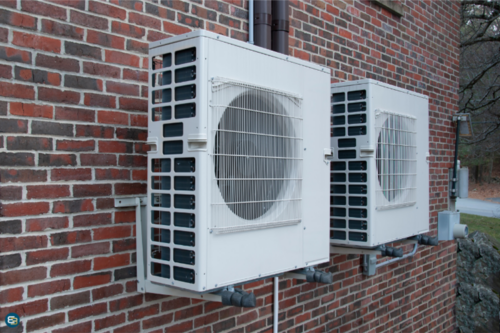
The Colorado Public Utilities Commission (CPUC) recently approved a Clean Heat Plan for Xcel Energy and E3 is pleased to have supported Xcel Energy in the development of its filing to the commission. The approved $440 million clean heat plan was developed in response to SB 21-264, passed by the Colorado legislature in 2021, which established targets for Colorado gas utilities to reduce emissions 22% by 2030 relative to 2015 levels using “clean heat” resources. Clean heat resources include demand-side management, electrification, recovered methane and hydrogen, among others. The approved plan emphasizes building electrification and demand-side management, with a small role for recovered methane.
E3 supported Xcel through first-of-its kind analysis using our Clean Heat Portfolio Model to evaluate demand- and supply-side clean heat resources on an equivalent basis. The modeling also accounted for real world constraints such as limits on system hydrogen blending, recovered methane availability, and the pace of market transformation for demand-side solutions. Our analysis found that demand-side resources, and electrification in particular, would be the largest drivers of emissions reductions in scenarios that achieve the 2030 target. Hybrid electrification and heat pump water heaters are among the lowest cost strategies due to their lower retrofit costs. Hybrid heat pumps provide an additional significant benefit in that they also reduce the need to build costly grid capacity.
While the plan approved by the CPUC is largely aligned with E3’s modeling, its success will require unprecedented levels of consumer adoption of electrified technologies. However, the budgets approved by the Commission are below those assumed in E3’s modeling to achieve the necessary levels of adoption. Given large uncertainties in technology costs and consumer behavior, it will be important to track adoption carefully to ensure it stays on pace with the levels needed to achieve the legislature’s goal. To that end, the Commission has implemented a process that will allow it to revisit the approved portfolios and budgets in approximately two years.
Colorado’s experience will provide valuable lessons for the ongoing design and implementation of clean heat policies across North America and beyond. In particular, the plan approved by the CPUC will demonstrate the challenges and opportunities of a strategy that hinges primarily on large-scale customer adoption of electrification technologies.


